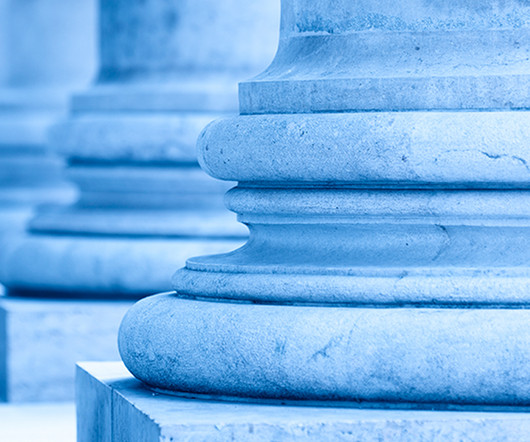How Much Debt is Needed to File for Bankruptcy?
Sawin & Shea
MARCH 9, 2022
Unsecured debts refer to debts that don’t have collateral. Some examples of unsecured debts include, but are not limited to, repossessions deficiencies, old lease balances, medical bills, cash advance loans, and credit card debts. Secured debts refer to debts with collateral, like house payments and car payments.



















Let's personalize your content